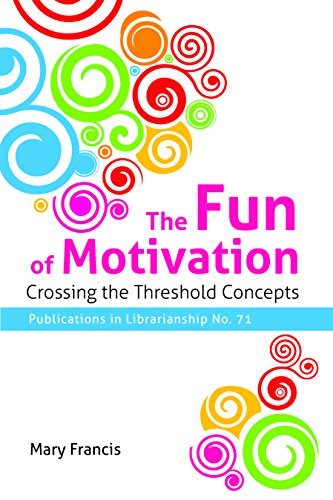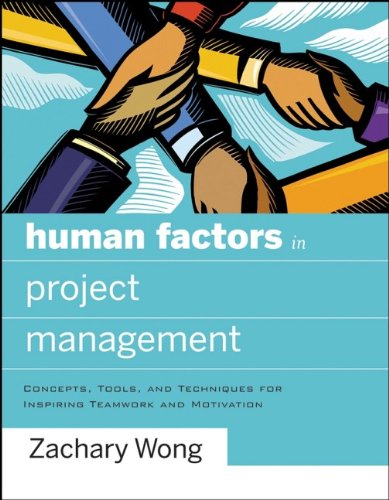
What’s the place of fun in education? When students learn something new, they reach a learning edge, a threshold, where learning becomes uncomfortable because the material is difficult or beyond their understanding. To avoid this discomfort, some students can simply fall back on what they already know. This is a critical point, because if they do not move beyond the edge, they are stuck with both limited knowledge and a negative feeling about learning. Fun can be used as a motivating technique to help students get past this learning edge, and to meet an established goal or learning objective.
The Fun of Motivation: Crossing the Threshold Concepts is organized into two parts—Part I examines the theories behind motivation and fun in the classroom, and offers three instructional techniques that highlight their benefits. Part II is the application of the theories explored in Part I, and its six chapters each address one of the threshold concepts provided in ACRL’s Framework for Information Literacy for Higher Education. Each chapter contains three lesson plans addressing the threshold concept, one for each of the three fun instructional techniques. Assessment opportunities are provided throughout, with formative assessment strategies as well as summative assessments, including sample rubrics to apply to a range of student work. Each lesson plan ends with a section on possible modifications and accommodations and additional ideas on how to adapt the lesson for different student populations.
The threshold concepts within the Framework need to be facilitated with deliberation by librarians integrating them into their instruction sessions. Students must be motivated to learn these concepts that help them master skills across disciplines. The Fun of Motivation can help you explore, implement, and assess this powerful means of motivation.


